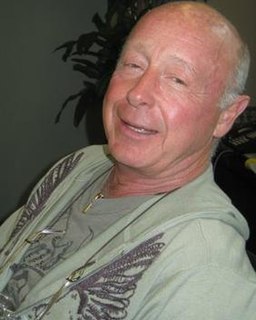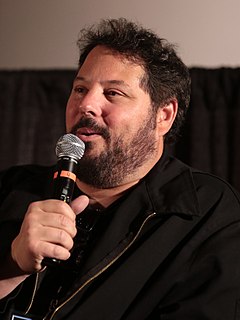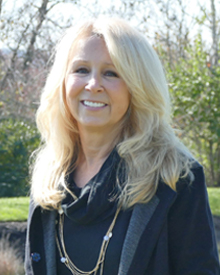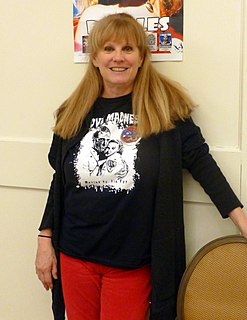A Quote by Tony Scott
The hardest scene for me is always the scene when I'm dealing with performances, when I'm actually looking at the guys and hoping that I'm covering it in the right way and that I'm handling it in the right way.
Related Quotes
I always try to find something or some way of delivering the lines or playing the scene that you wouldn't normally expect. And I know that sounds weird, because it's not like I surprise people with shocking performances. But in an interesting way... Just being real and as interesting as possible. Usually, that stuff is the spine of the show. It's the humor that you need in a scene, in an intense moment or something.
What I do is whatever it takes, it takes. Sometimes you see a scene right away and a take looks great so you might print that and you might print a couple more and take elements of all three. It just depends. You're looking for the highlights. You're looking for the best elements of the scene, but preferably you'd like to have one good take that would go all the way through.
The ACLU spent this entire holiday season protesting public displays of the nativity scene. Yeah, that's the problem with America right now: Public displays of Christ's birth, that's the problem. It's unbelievable to me. The ACLU will no longer fight for your right to put up a nativity scene, but they'll fight for the right of the local freak who wants to stumble onto the scene and have sex with one of the sheep.
The Ramones were a great bunch of guys. They were very quiet, very shy. They were a little in awe of the filmmaking process, probably because we started at 7 a.m. I do remember the very first day of shooting, I met them and did the scene in the bedroom where Joey sings to me, and they were all scattered around my bedroom in my little fantasy scene. That was the first scene we shot of the movie. That scene is kind of a strange way to start a movie. "Okay, get undressed, and these weird guys in leather jackets and ripped jeans are going to sing to you."
Whether you make an action blockbuster or a comedy or a drama, you've got the right camera and all the right technology to do it. In games, it's not the same yet, and I would like to see technologies dealing with cameras the way we do - dealing with bouquet, dealing with performance capture, with lighting - with all this stuff the way we do.
When you're working on a scene, both in the script phase and also in the moment, you look around and you wait for the lightning bolt to strike you and based on your instincts tell you what the right thing to do is here. And that can result in anything from a change of dialogue to the realisation that what you thought was a dramatic scene should actually have some humour. And maybe if you stage it this way it's funnier, or if you put the camera here it tells a different story. That stuff is kind of everything when you're a director.
Whether it's one scene or 15 scenes in a film, whether it's the lead or a cameo part, if I don't find it interesting, I tend not to do it. You never really know what it is. It could be a one-scene part. I remember I read the one scene in Crash and was asked to do it. I was like, "Absolutely!" There's no formula for how something has to be. I always try to keep it that way.






































